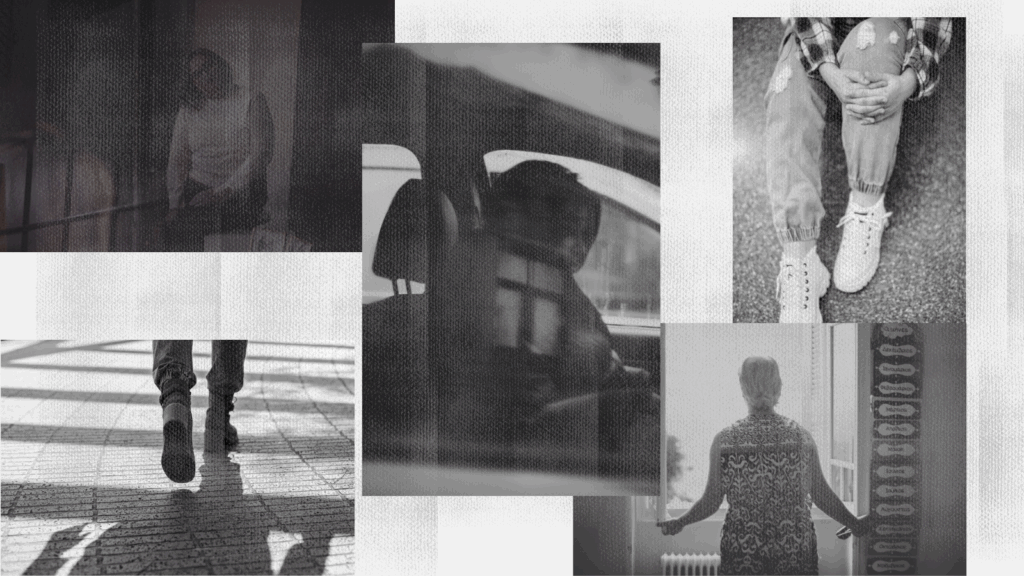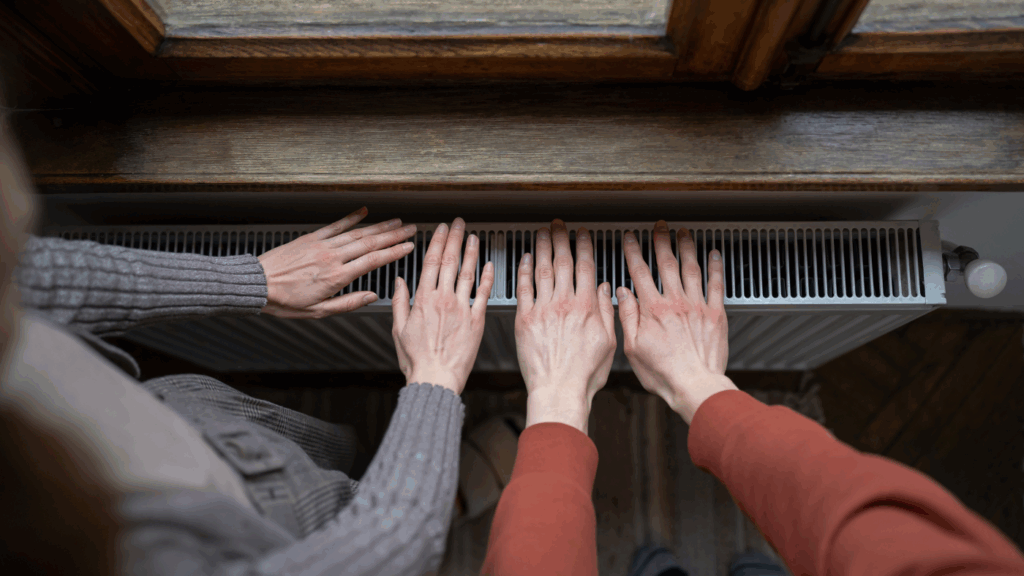Youth have been hit particularly hard by the COVID-19 crisis with employment rates falling and mental health and well-being worsening. Concerningly, the unemployment rate of young people in the EU is 2.5 times higher than the general rate, and 1 in 4 young people in the EU are at risk of social exclusion and poverty. Due to this reality, Eurodiaconia’s Access to Employment Network Meeting focused on initiatives and holistic strategies to ease access to employment for youth, particularly NEETS (not in education, employment or training) youth or those from marginalized groups.
Following a musical devotion by Pastor Oskars Smolaks, the meeting commenced with our hosts, Diakonija Latvija, presenting their project “Proti un Dari“. Although the aim of the project is to develop the skills of NEETS youth aged 15-29 to help them enter the education system and/or the labor market, it takes a holistic approach which incorporates access to housing, education and/or health services to meet the needs of the youth and cultivate their visibility.
Later, during the Social Europe Academy session, Eurodiaconia presented current challenges and policy developments at the European level. Eurodiaconia’s Head of Advocacy, Anne-Sophie Wislocki, introduced the European Pillar of Social Rights and the European Semester and how they address youth unemployment. More concretely, Policy Officer, Magdalena Bordagorry, continued the update with a discussion on the Reinforced Youth Guarantee and the ALMA Initiative as programs launched to reaffirm Member States’ commitment to youth.
The second part of the day concentrated on supporting youth in times of change. This conversation was initiated by our keynote speaker, Stanislavs Babins, a non-formal education trainer and board member of NGO Radi Vidi Pats, who described youth transitions as “pockets of life” and advocated for strategic approaches which include autonomy over choices and environment, mobility and youth exchanges to build confidence in youth as well as social inclusion to make everyone feel a part of society. Building on support for youth in transition, our member Lahti Deaconess Foundation shared their project, “DILA: Digital Workshop for Young People“, assisting youth in gaining digital skills paramount to the digital transition. This was followed by a presentation from Philanthropy regarding their 4-year projects that aims to build youth capacity across marginalized communities in Serbia. The first day concluded with a study visit to the day center “Well of Life” implemented by Diakonija Latvija.
The second day kicked off with members’ presentations on their holistic programs for youth employment. Both members, Stockholm Stadsmissions and Diakonie Michaelshoven introduced their projects which aim to assist different groups of youth who have difficulty accessing the labor market by developing the youth’s skills as well as working with employers to hire people from the target groups. After, we welcomed our second keynote speaker, Eszter Sandor, from Eurofound who discussed the multidimensional impact COVID-19 had on youth as it affected their mental health, social capital, education and employment.
The final session included the policy development workshop in which members collaborated to identify key concerns and strategies and/or recommendations moving forward to tackle youth unemployment. In the context of the European Year of Youth, Eurodiaconia will take these messages from our members in a re-energized commitment to ensuring youth are supported in holistic manners as they transition from pockets of their lives.



